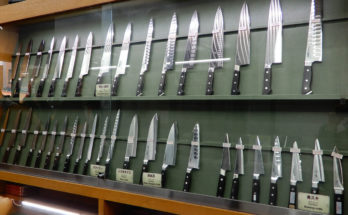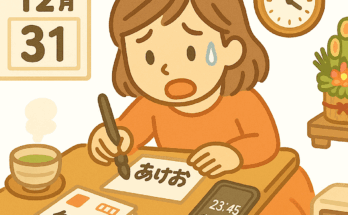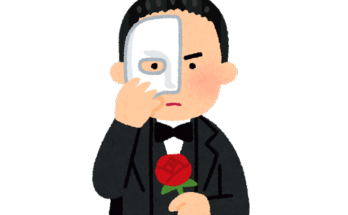Let me show you some tips for when you visit Japan!
We have convenience stores and ¥100 shops, also known as hyakkin, here and there in Japan.
So, if you go sightseeing and you need something, like if it starts to rain, for example, you can get an umbrella in a nearby convenience store. When you’re hungry or thirsty, it has food and drinks. There’s a good How To Japan article about convenience stores, so please refer to the article “How to enjoy a Convini!” by Kazu Kadowaki. Besides, if you have time in Japan, why don’t you check out hyakkins? I bet you’ll be able to find almost whatever you want. If you are starting to live in Japan, you can find household goods, and it’s a steal. You can also get some souvenirs before leaving Japan. If you want to know more about hyakkins, please read the HTJ article “How to enjoy a Hyakkin!” by Kazu Kadowaki. He is almost a professional hyakkin-er. (LOL)

They also have various kinds of bento lunch boxes. And speaking of lunch boxes, do you know that most supermarkets or depachika (the basements of department stores where food is sold) sell bento lunch boxes? They also cater to your dinner needs as well! They want to sell them all out during the day, so the later they are sold, the cheaper they become. If you wait until the end of the day, you can probably get great discounts! However, not every shop will offer a discount, just so you know!
The next tip for you is the word “いい” [ii].
It’s a convenient word. It means “good.” You can use it when you agree to someone’s plan. When used this way, it means something like “That’s good” or “Sounds good.”
When you say “いい?” with the end of the word rising up like a question (just like in English), it means “Is this good (or bad)?” However, it can also have other meanings, such as “May I?”

When you say it this way, you are asking for other people’s permission, such as “May I talk?,” “May I get…?,” “May I use…?,” “May I disturb?,” and so on. In most situations, you’d better add “ですか” [desu ka] at the end to turn it into “ii desu ka?” This makes it more polite. Let’s say that you ask “いいですか?” [ii desu ka] to someone with a map, they would know that you have a question about the way.
On the other hand, this word can also be used to have an opposite meaning, so to speak: You can use it when you don’t need or want something. Used this way, “ii desu” means “No, thank you.”
You know, any word can have various nuances depending on your intonation. Therefore, use your words carefully so that you can express your feelings more exactly to someone.
I hope this information helps you even just a little bit.
I’m Toyoko. My English career is so long, but I’m still on the way. It’s like a little girl beginning to talk. It’s a long and tough way, but because I have a lot to learn, I’m not sick of it. I always find something new while learning English, and it’s fun, though there are ups and downs.





 HTJ has a YouTube page! Check it out
HTJ has a YouTube page! Check it out
Hi Toyoko,
Excellent article! For folks who live in Tokyo, there’s a huge hyakuen shop very close to Kinshicho station, and I highly recommend it. It’s so interesting, that it’s worth a visit. The souvenir section is as good as I loved how you discussed the nuances of the word, “ii,” in Japanese. It’s so true, when used with a short, flat intonation, it means, “no thank you,” or “I don’t want it.” For folks